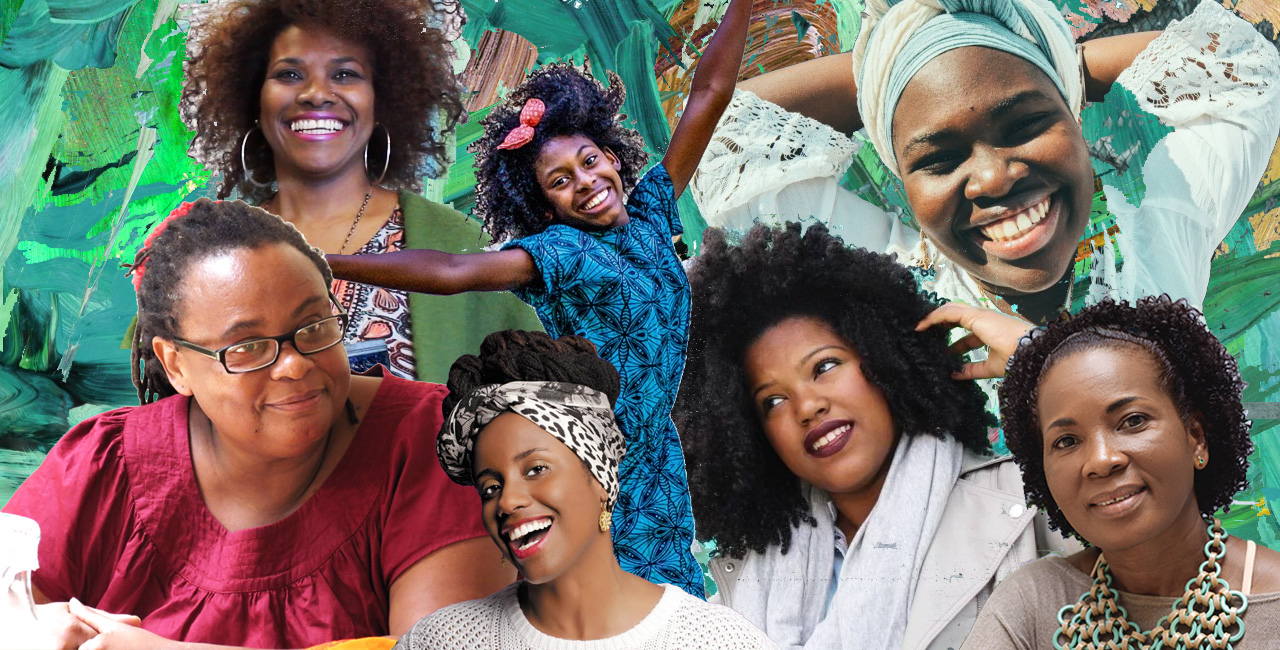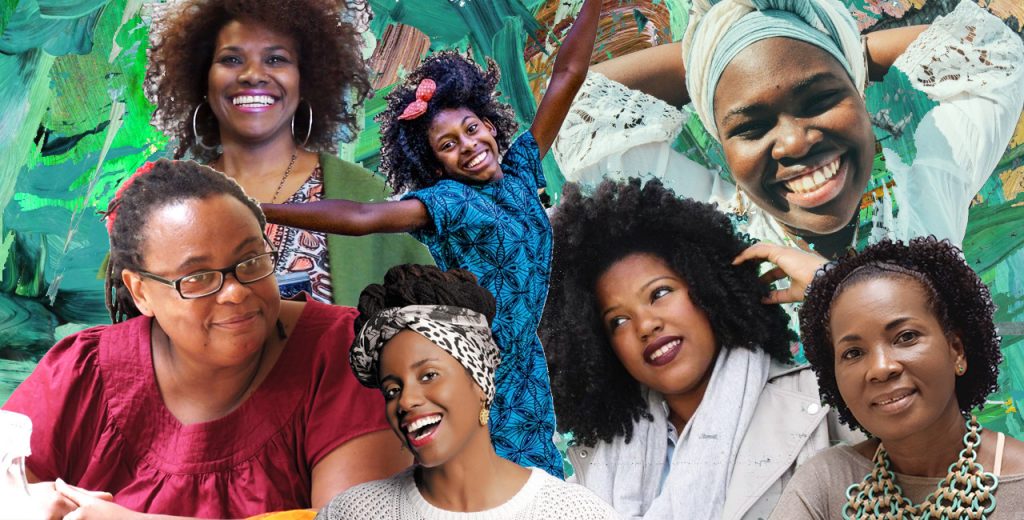Twenty-five years ago, women from more than 30 Latin American and Caribbean countries came together in the Dominican Republic to find ways to address racism from a woman’s perspective. Their objective was to find how to fight for their political, social, and cultural rights. The day has been commemorated as Día de la Mujer Afrodescendiente since then.
Mama Llama, an Afro-Ecuadorian leader with Movimiento Afro Libre del Azuay, remembers that 1992 meeting and says that little has changed since that day. “After 25 years of the establishment of the date by la Organización de Naciones Unidas,” she told El Tiempo, “Afro-descendants continue our struggle to achieve several of the objectives that brought us together at that time.”
And while it’s a day to reflect on the injustices that still exist, it’s also a day to celebrate black womanhood. Día de la Mujer Afrodescendiente focuses on the strength of the women who are working to break the cycle of racism and sexism in their countries – women who have fought hard for equal rights and who have paved the way for other Afro Latin Americans.
In honor of July 25, we’ve compiled a list of nine women who have broken barriers, fought against racism, and heightened visibility for Afro Latin Americans.
1
Miriam Miranda
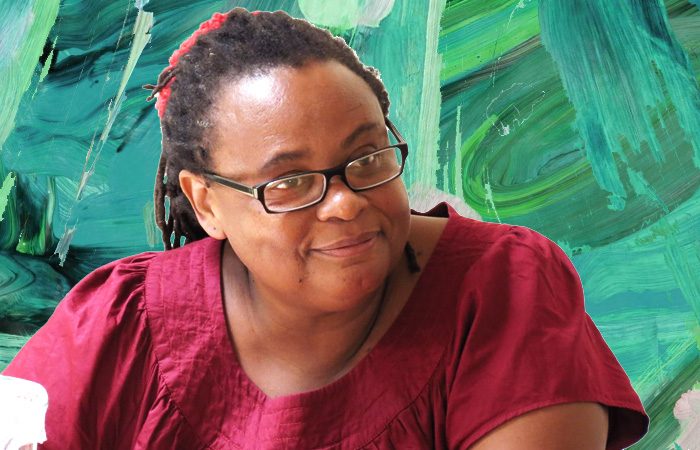
Honduras-born Miriam Miranda has dedicated her life to fighting for marginalized groups. She spent her childhood in Santa Fe, Colón and at different banana plantations in the Central American country. As a young adult, she moved to Tegucigalpa to attend university, and in Honduras’ capital city, she learned of the injustices that many women faced. “That’s where my feminist consciousness was born,” Miranda said, according to Global Fund for Women. “When I got to the capital and started visiting the women in the barrios and saw how they had to spend hours just to get water, I knew something wasn’t right. It changed my way of seeing things.”
Miranda is also an influential Garifuna activist, working to gain equality and cultural freedom for her community. As a leader for the Black Federal Organization of Honduras (OFRANEH) – founded in 1978 to protect the rights of the various Garifuna communities living along the Caribbean coast of Honduras – Miranda has resisted the palm oil industry, hydroelectric projects, and the development plans that threaten the Garifunas’ way of life. She’s become a highly visible land defender in a country where it’s extremely dangerous to be so. As a result, she’s been the target of violence and a victim of kidnapping. But the work she does is necessary for both the current and future generations of Garifuna.
“We live almost on the sea, right on the beach,” she said. “It’s a blessing but recently it’s also become a curse, because of course all those with power want to have a place on the beach. The displacement of communities and the loss of cultures that come with the development of tourism is growing… but the Garifuna women, many of them elders, have incredible strength. They participate in meetings, in actions, tearing down walls that are built on the beach. They’re sustaining the Garifuna youth so that they know who they are, without shame.”
2
Sara Gómez
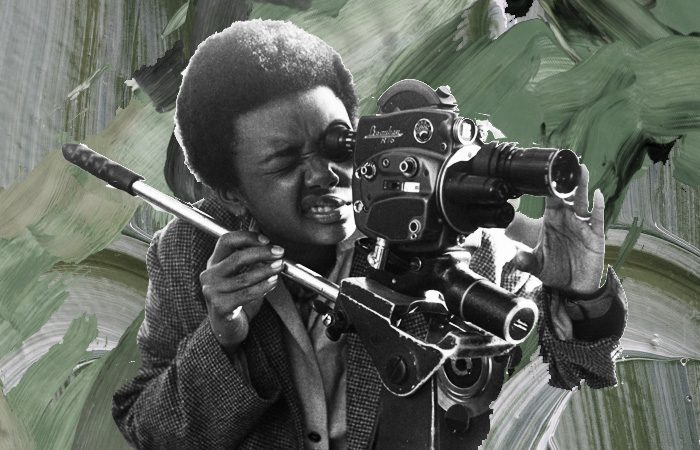
Sara Gómez played a crucial role in Cuba’s history and throughout Latin America as one of the Caribbean country’s first female directors. Born and raised in Havana, Gómez studied piano and Afro-Cuban ethnography.
The innovate and pioneering filmmaker utilized her platform to highlight prominent issues that existed in Cuba, including gender and racial inequality. Gómez – the first female member of the Instituto Cubano del Arte Industria Cinematográficos (ICAIC) – broke cultural barriers in a male-dominated industry, paving the way for other female filmmakers.
She entered the ICAIC in 1961 as an apprentice and worked as an assistant director on Agnes Varda’s Salut les cubains! and Tomás “Titón” Gutiérrez Alea’s Cumbite. However, Titón – who served as her mentor – later admitted that Gómez was a disaster as an assistant director. But she made up for it with her creativity and passion. Her most notable films are Iré a Santiago, Isla del tesoro, and De cierta manera.
3
Zulia Mena
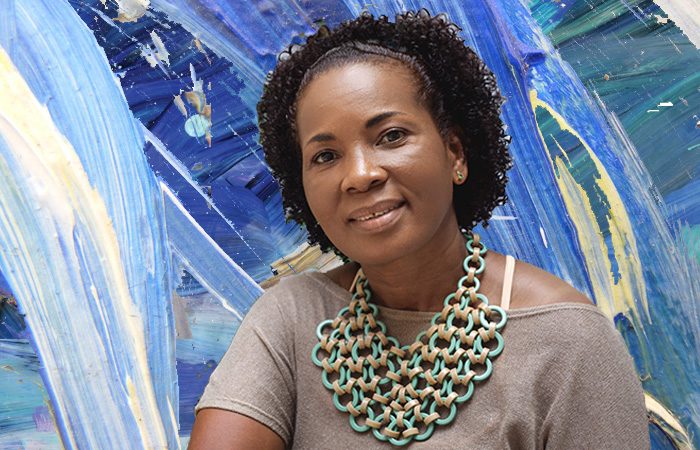
When Zulia Mena was 8 years old, she was sent to live with an aunt in Carmen del Atrato. The experiences she lived there shaped her understanding of racism and Afro-Colombians’ place in Colombian society.
“I didn’t know any mestizos,” she told El Tiempo. “I only knew the indigenous and black populations who I was raised with. So I arrived in Carmen, which is a town of paisas. We were 35 girls in school, and I was the only black one. The little girls would touch my skin and say: ‘Why do you look like this? You don’t shower?’ A year later, they had to take me to Quibdó, because the girls didn’t play with me, they wouldn’t lend me their notebooks, and because I got sick.”
Her father and grandfather began telling her how they descended from enslaved Africans brought to Colombia against their will. They also told her stories about famous black figures. All of this served to open her eyes about the inequality that existed in Colombia and pushed her to become involved in making strides for her community at a national level. After the country’s constitution was ratified in 1991, she pushed for Ley 70. Passed in 1993, the law recognized the rights of black communities, including being able to apply for collective land titles.
Not long after, a 26-year-old Mena became the first Afro-Colombian congresswoman – despite little political experience. After a few losses, she went on to become the mayor of Quibdó between 2012 and 2015, before being named the vice minister of culture in 2016.
4
MC Soffia
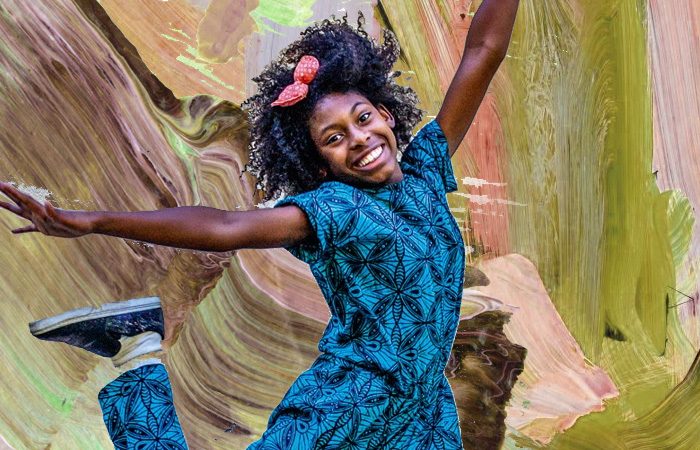
At just 13 years old, MC Soffia has spent more than half her life using music to empower young Afro-Brazilian girls. In kindergarten, she became a victim of racist bullying at school. One student asked Soffia if her skin color was a result of falling into a tin of paint. “I used to be teased by everybody,” she said, according to The Guardian. “So one day I told my mom I wanted to be white.” Her mom – seeking to empower the young girl – took Soffia to hip-hop concerts, so she could see learn about her history and see her culture reflected in positive ways.
Now, she’s doing the same thing for future generations. The young girl – who performed for millions of people at the 2016 Olympics alongside Karol Conka – crafts positive music in hopes of putting an end to racial discrimination and violence against Afro-Brazilians. Even though a 2003 law requires schools to teach students about black history, it’s not something she usually saw built into the curriculum. However, through songs like “Africa,” she teaches other young Afro-Brazilians about historical figures Chica de Silva and author Carolina Maria de Jesus.
“When people do talk about Africans in Brazil, it’s about them being slaves, not about how much we have contributed to making Brazil what it is today,” she told the Daily Mail. “That just encourages white kids to treat us bad. The law which was passed is older than I am, but even now hardly any schools obey it. If they did, the children would grow up seeing black people differently, and that could bring racism in Brazil to an end.”
The results of the 2010 census showed that about 50.7 percent of Brazilians identify as black or mixed race. According to the United Nations Children’s Fund, black Brazilians aged 12 to 18 are almost three times as likely to get killed than white youth.
5
Carolina Contreras
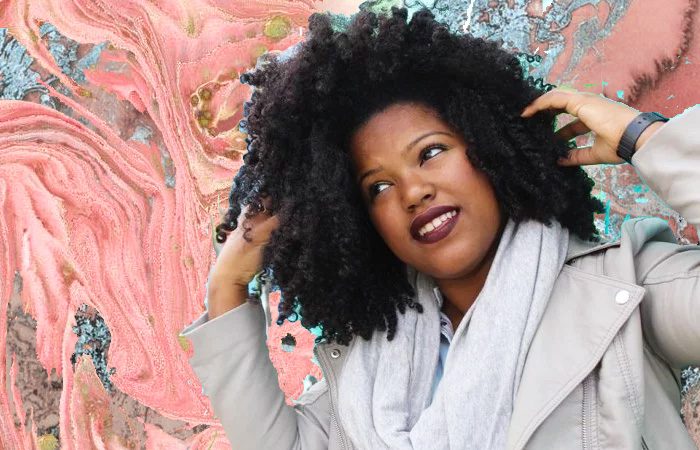
Carolina Contreras, better known as Miss Rizos, is breaking cultural barriers in Dominican Republic as she empowers women to love their natural hair. The blogger and activist started one of the DR’s first natural hair salons and has worked to encourage Dominicans to reject Eurocentric beauty ideals.
“I think it’s a historical thing and it started with media,” Miss Rizos told Remezcla. “It’s normal for black people and black Latinos to desire to be more Eurocentric, as these are the people who hold the power in our communities. When people relax their hair or bleach it, they do it because they want to be closer to the people who hold the power. The beauty standard that we constantly see in Dominican television and magazine says that the straighter your hair, the better it is. If you look at all the families that hold political power, they don’t look like me, so you do things to resemble them more.”
But as the natural hair movement takes place worldwide, Miss Rizos has done her part to show that pajóns are beautiful. Many Dominican women with Afro-textured hair are often discriminated against, and at times, they’re even turned down for having “unmanageable” hair. This led her to opening Miss Rizos Salon, where natural hair is valued.
And though she’s challenging the status quo in the DR, she wants her work to extend to other parts of Latin America. “[I want] to continue to spread your pajón love,” she added. “Specifically, to influence and make sure that the laws in Latin America that are already set in place to protect women who want to wear their hair naturally are enforced. My vision is to help eradicate discrimination against curly hair all over Latin America.”
6
Daymé Arocena
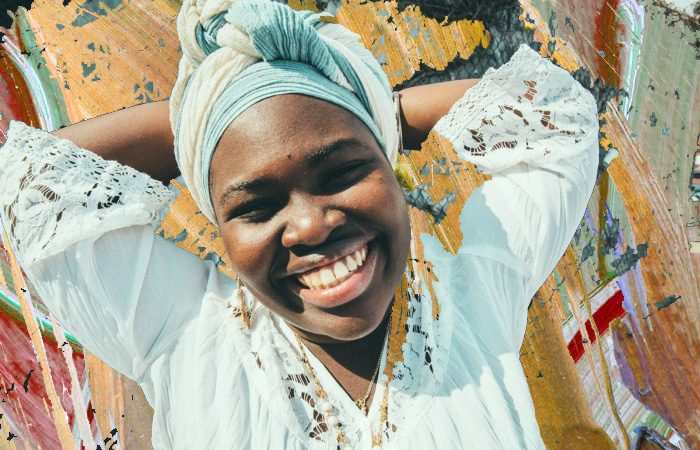
Daymé Arocena is a singer, choir director, and composer who has received praised for her unique sound. The classically trained Cuban songstress fuses jazz, folkloric music, contemporary R&B, and pop. Her music is rooted in Afro-Cuban tradition, so as she takes the world by storm, she pays homage to the deep legacy of Cuban music. Over the 11 songs in her Cubafonía album, she celebrates Cuba’s music through cha-cha-chá, changüí, mambo, tango-congo, rumba, guajira to Cuban pop and bolero.
Through decades of political conflict, the island’s contributions to the arts have been diminished. “It hurts me so much that many people in the world have no idea that these rhythms are Cuban and they are attributed to other regions of Latin America,” she told Remezcla.
Her music is an extension of her identity, which is why Santería, the Yoruba-rooted religion, is also present in her art. “Osha is in my body, mind, and spirit, and music as an act of consecration is undoubtedly a part of that,” she said.
7
Yvette Modestin
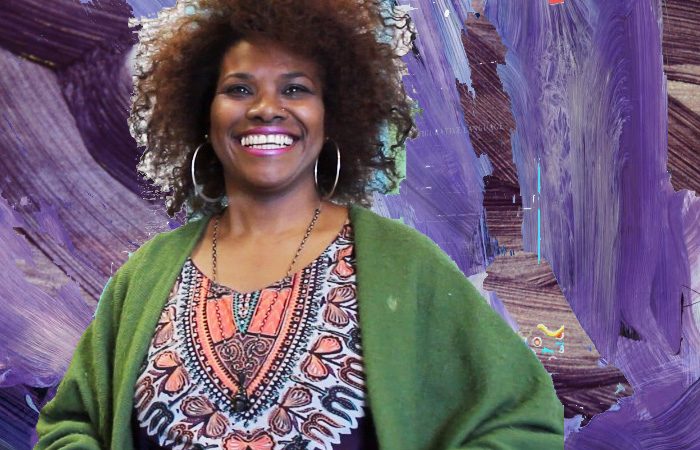
A Colón, Panama native, Yvette Modestin is an award-winning poet and activist raising consciousness about African descendants in Latin America. The writer created and founded the Encuentro Diaspora Afro, a Massachusetts-based organization founded in 2004 to “provide a vital space for Afro-Latinos and all people of African descent.” She’s recognized for uniting communities of color, and he
r work as the Diaspora Coordinator of the Red De Mujeres Afrolatinoamericanas, Afrocaribeñas y de la Diaspora – a national and international network of Afro-Latin American women – reflects this.
Through her organization, Modestin has organized workshops for Afro-Latino students in middle school and high school, in hopes that they learn to embrace their Afro roots. She asks them to discuss their racial makeup, and she always finds there’s uncertainty among the students. “In all the years I’ve been doing this, there’s never a time when I’m not faced with a young Afro-Latina who stops her movement when asked if she’s of African descent,” Modestin said, according to Latina. “It’s ‘I don’t know,’ even if the child is visibly of African descent.”
Modestin is also one of the contributors of The Afro-Latin@ Reader: History and Culture in the United States, one of the most quintessential texts about Afro-Latino identity.
8
Monica Carrillo
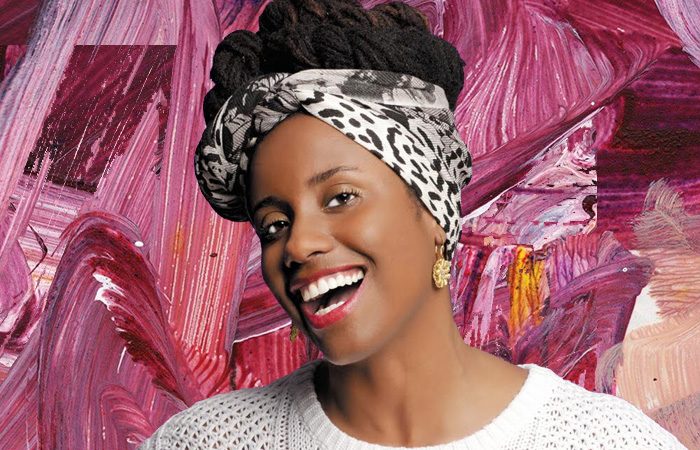
She gets her political mindedness from her father. From him, she learned about Nelson Mandela and Martin Luther King Jr. She gets her artistic side from her mother. From her, she learned to recite poetry at 3, so that when she entered school, she could effectively combat the racism she’d face. Today, between poetry, activism, journalism, and music, Mónica Carrillo – who goes by the name Oru – wears multiple hats. Not only is she incredibly accomplished, she’s also dedicated to fighting against the discrimination and racism to which Afro-Peruvians are subjected.
Afro-Peruvians account for an estimated 7 to 10 percent of the population – though according to PRI, no one knows the exact number because the last time Afro-Peruvians were included as a category was the 1940 census. (This is set to change with this year’s census.)This invisibility has resulted in racism against this community. “There’s no other place in South America that has the same levels of offensive, aggressive racism as Peru,” Carrillo told Americas Quarterly in 2009. “The other day I left my house… and counted the number of insults I received in 20 minutes: 12. People say these things and they don’t run away, because they feel they’re in the right.”
She founded LUNDU Center for Afro-Peruvian Studies and Advancement – a nonprofit named after a traditional African dance as well as the Kikongo (an Angolan dialect) word for successor – to eliminate discrimination, as well as the poverty that disproportionately affects the Afro-Peruvian population. Through LUNDU, she’s organized several workshops focusing on sex education. Now living in the United States, Carrillo remains dedicated to her community.
9
Jacqueline Montero
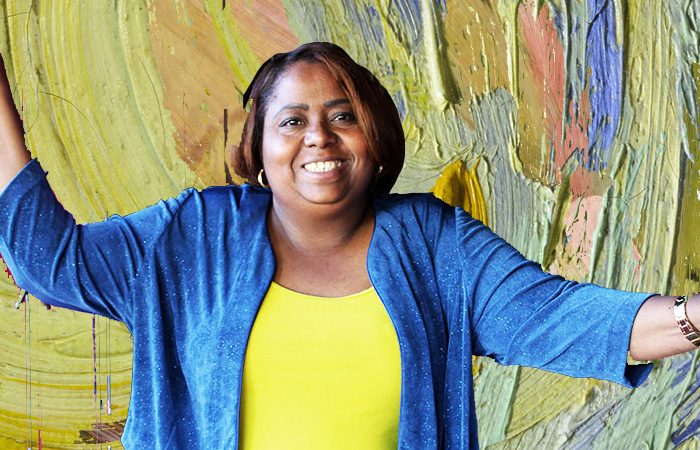
After a decade of fighting for women’s rights in the Dominican Republic, Jacqueline Montero was elected to Congress in 2016. Montero was sexually abused as a child, physically abused by her husband, and became a sex worker to provide for her children. “I know the hardship that forces someone to go out on the street because your family doesn’t have food,” Montero told The Associated Press.
Montero – president of Movimient de Mujeres Unidas – remains as committed to fighting for women, the LGBTQ community, senior citizens, and those with HIV/AIDS. In January 2017 – with the backing of la Red de Trabajadoras Sexuales de Latinoamérica – she denounced the government for its inaction following the deaths of three sex workers.



